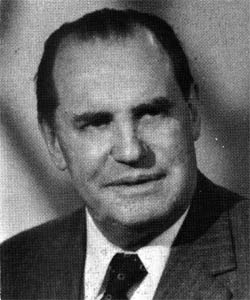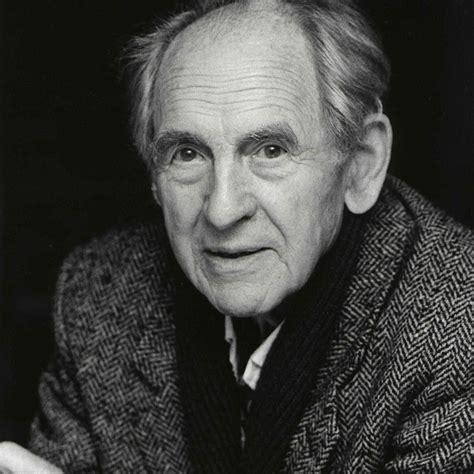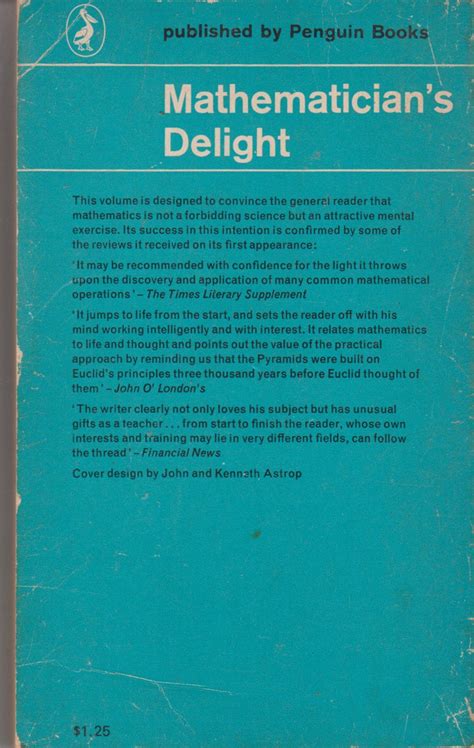A Quote by Jean Dieudonne
The life of a mathematician is dominated by an insatiable curiosity, a desire bordering on passion to solve the problems he is studying.
Quote Topics
Related Quotes
And I've come to the place where I believe that there's no way to solve these problems, these issues - there's nothing that we can do that will solve the problems that we have and keep the peace, unless we solve it through God, unless we solve it in being our highest self. And that's a pretty tall order.
The future mathematician ... should solve problems, choose the problems which are in his line, meditate upon their solution, and invent new problems. By this means, and by all other means, he should endeavor to make his first important discovery: he should discover his likes and dislikes, his taste, his own line.






































